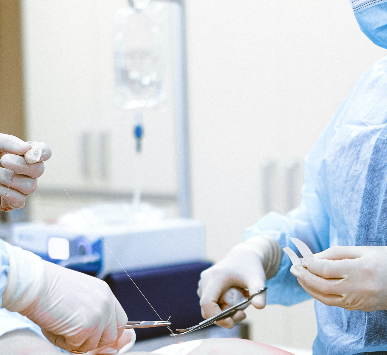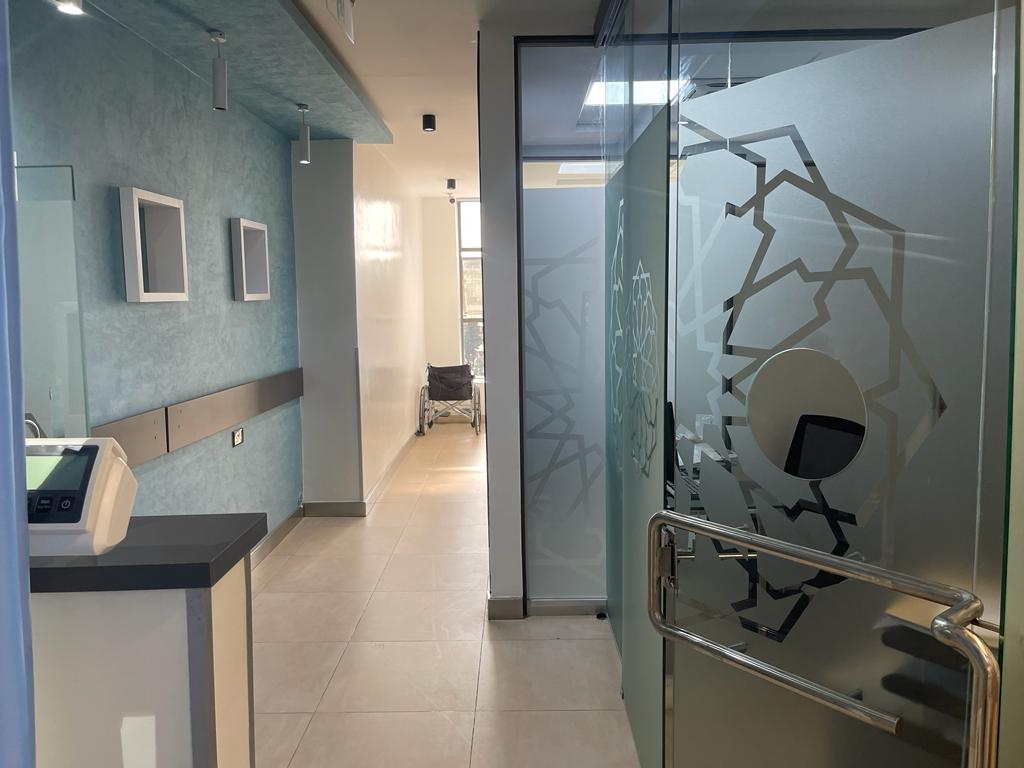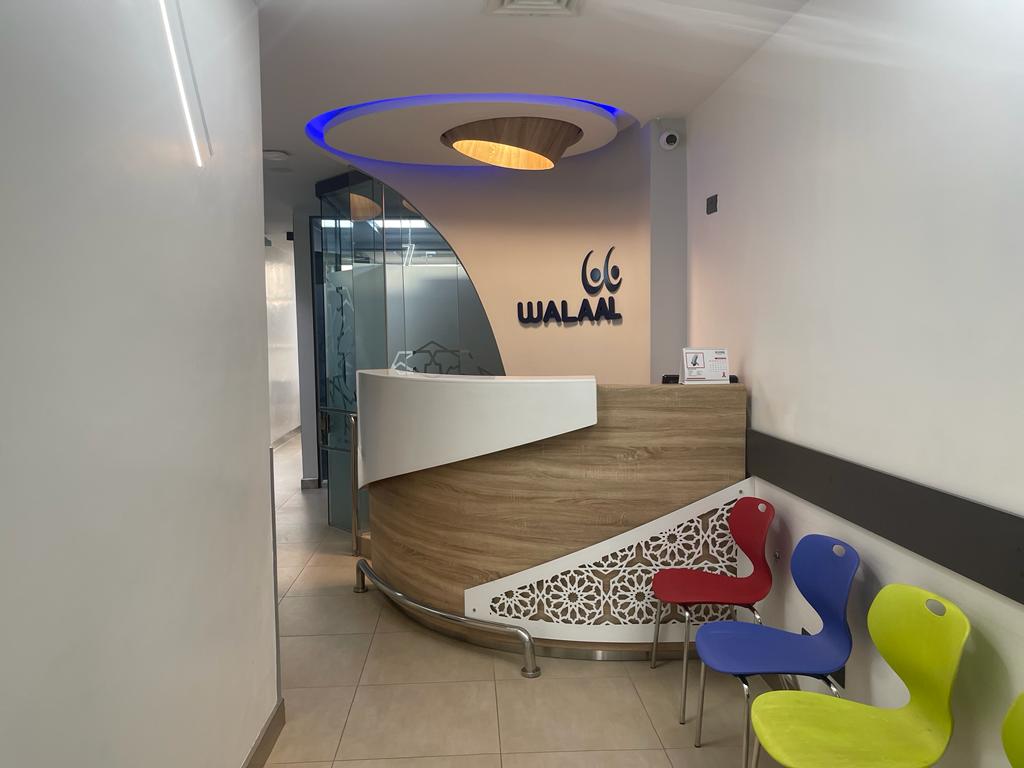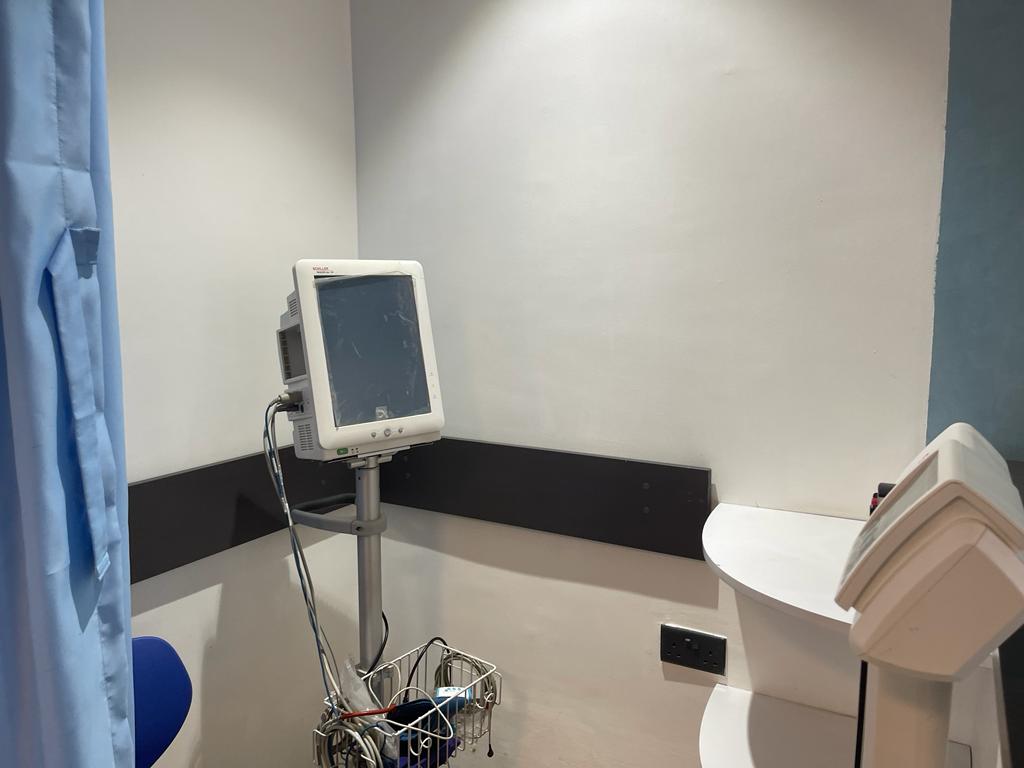1. Screening and early detection of various types of cancer through physical exams, blood tests, mammograms, colonoscopies, and other diagnostic procedures.
2. Biopsy and tissue testing to confirm the type and stage of cancer.
3. Diagnosis of rare cancers or those that require specialized knowledge.
4. Imaging scans such as MRI, CT scans, X-rays, and PET scans to locate the tumors and assess the extent of the disease.
5. Treatment planning based on the stage, location, and type of cancer, as well as the patient’s overall health and preferences.
6. Chemotherapy and other medical treatments to kill cancer cells or prevent them from spreading.
7. Radiation therapy to destroy cancer cells using high-energy radiation.
8. Surgical procedures, including minimally invasive methods, to remove tumors and surrounding tissue.
9. Palliative care to manage symptoms and improve quality of life for patients with advanced cancer.
10. Genetic testing and counseling to identify inherited predispositions for cancer and provide personalized risk reduction strategies.
1. Assessment of cancer type, stage, and progression through a comprehensive medical evaluation.
2. Consultation with a multidisciplinary team of oncologists to develop an individualized treatment plan.
3. Coordination of tests, imaging, and biopsies required to determine the extent of cancer and best course of treatment.
4. Provision of chemotherapy, radiation therapy, immunotherapy, or targeted therapy.
5. Management of cancer-related symptoms, side effects of treatment, and pain through palliative care.
6. Monitoring of treatment progress and evaluation of its effectiveness through regular follow-up appointments.
7. Referral to supportive care services such as nutrition, psychological support, and physical therapy.
8. Support for patients’ emotional and psychological needs through strategies such as counseling or support groups.
9. Coordination of care with primary care physicians or other specialists to optimize overall health and well-being.
10. Education and support for patients and their families to help them cope with the physical, emotional, and practical challenges of cancer treatment.
1. Chemotherapy drug administration via intravenous, oral or injection
2. Assessment and monitoring of chemotherapy side effects
3. Chemotherapy dose adjustment and modification
4. Coordination of treatment cycles according to the patient’s condition and response to therapy
5. Immunotherapy drug administration
6. Monitoring of immunotherapy side effects
7. Immunotherapy dose adjustment and modification
8. Coordination of treatment schedules for maximum effectiveness
9. Administration of supportive therapies such as anti-nausea medication, pain management, and nutritional support
10. Psychological support and counseling for patients and their families
11. Assistance with financial and insurance matters related to treatment
12. Collaboration with other healthcare professionals for comprehensive care of the patient
13. Access to clinical trials and experimental therapies for eligible patients.
1. External Beam Radiation Therapy: This is the most common form of radiation therapy which involves the use of a machine to aim high-powered energy beams at the cancer cells.
2. Brachytherapy: Also known as internal radiation therapy, this involves the placement of a radioactive implant in or near the cancerous tissue to deliver a high dose of radiation directly to the tumor.
3. Stereotactic Radiosurgery: A non-invasive technique that delivers high doses of radiation to small, well-defined tumors in the brain, spine or other areas of the body.
4. Image-Guided Radiation Therapy: Uses advanced imaging technology, like CT and MRI scans, to precisely target the tumor and spare healthy surrounding tissue while delivering radiation.
5. Proton Therapy: A type of radiation therapy that uses protons instead of radiation to destroy cancer cells. Offers greater precision and less damage to surrounding tissue.
6. Chemoradiation: This is a type of radiation therapy that is typically used in tandem with chemotherapy to maximize the impact of cancer treatment.
7. Radiation Therapy for Palliative Care: This is a specialized type of radiation therapy that focuses on relieving pain, discomfort or other cancer-related symptoms. Provides comfort, relief and improved quality of life.
1. Consultation and diagnosis of cancerous tumors
2. Surgical removal of cancerous tumors
3. Minimally invasive surgery
4. Reconstruction of affected tissues
5. Lymph node dissection
6. Biopsies
7. Sentinel lymph node mapping
8. Palliative surgery
9. Chemotherapy administration
10. Coordination with other medical specialists for comprehensive care
11. Post-surgical care and follow-up appointments
12. Patient education and support
13. Clinical trials participation and referral
14. Genetic counseling and testing
15. Survivorship care planning.
1. Pain management: This involves providing appropriate medication and therapy to ease pain caused by cancer or its treatment.
2. Emotional support: This includes counseling, support groups, and other resources to help patients and their families cope with the emotional toll of cancer.
3. Nutritional counseling: Providing patients with guidance and support for maintaining a healthy diet to manage symptoms and side effects of treatment.
4. Symptom management: This includes managing nausea, vomiting, fatigue, and other symptoms related to cancer and its treatment.
5. Palliative care: This is specialized medical care for those with serious illnesses, focused on relieving symptoms and improving quality of life.
6. Integrative medicine: This includes complementary therapies such as acupuncture, massage, and yoga to help manage symptoms and improve overall well-being.
7. Care coordination: Ensuring efficient communication between healthcare providers and assisting with scheduling and appointment coordination.










